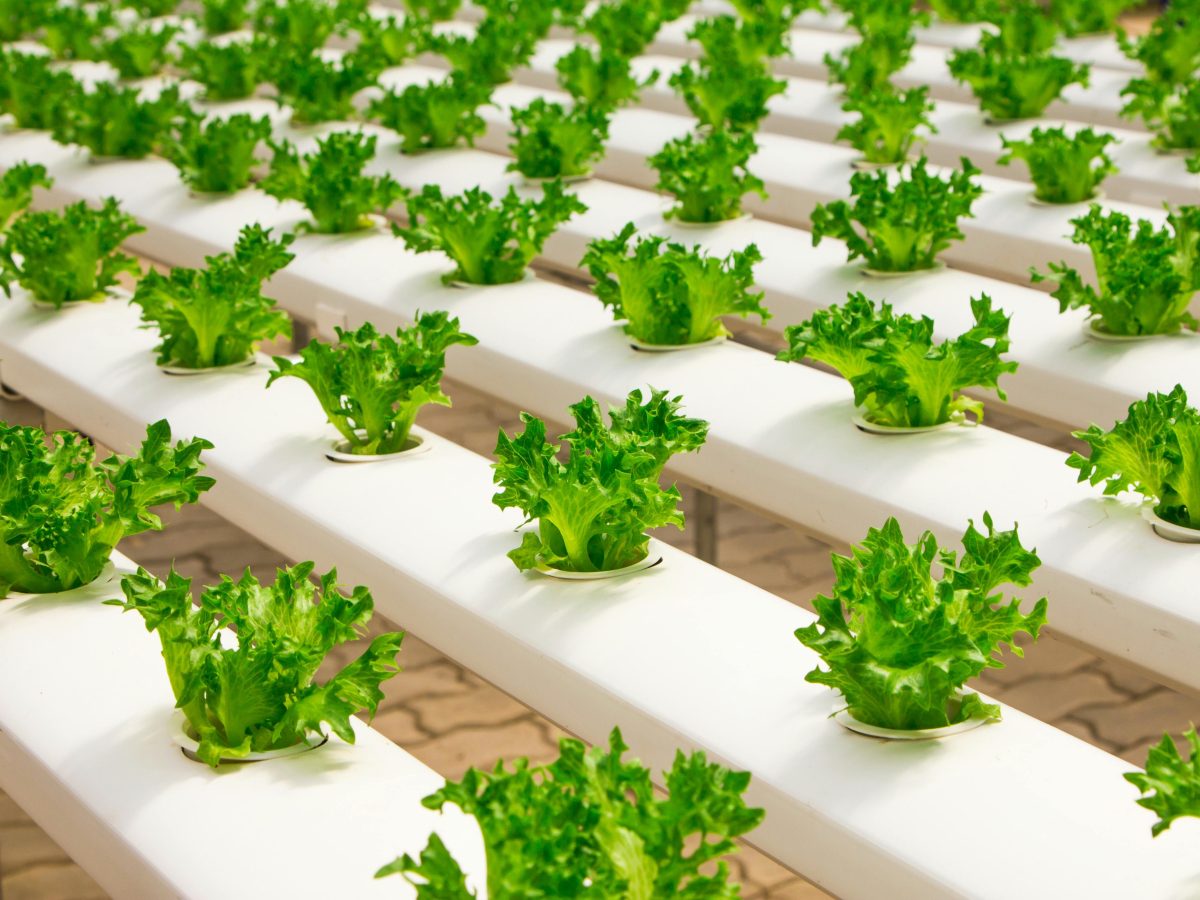30th January 2024 By Contributor | contact@foodticker.co.nz | @foodtickernz
A transformation of food systems is urgently needed and offers enormous economic benefits, according to a four-year investigation by the Food System Economics Commission.

Our food systems — the way we produce, market, and consume food — are part of the political, social, economic, ecological, and cultural fabric of our communities.
They have achieved something of a miracle, keeping pace with decades of population growth while decreasing some forms of malnutrition, reducing poverty and increasing life expectancy. But progress has been uneven around the world.
And the recent evolution of food systems has fuelled – and continues to inflame – some of the greatest and gravest challenges facing humanity, notably persistent hunger, undernutrition, the obesity epidemic, loss of biodiversity, environmental damage and climate change.
The economic value of this human suffering and planetary harm is well above US$10tn ($16tn) a year, more than food systems contribute to global GDP. In short, our food systems are destroying more value than they create.
Ignoring the consequences of today’s food systems locks the world onto a course that escalates their negative effects disastrously. Yet in many policy discussions, such as those around climate change, food systems have long been ignored.
Concerns for food affordability and the livelihoods of hundreds of millions who depend on food systems, the power of large-scale players, and divergent views among stakeholders about what sustainable food systems look like have all contributed to make food systems something of an exception.
Today there is an opportunity for policymakers to raise the level of ambition. Transforming food systems worldwide provides a uniquely powerful means of addressing the global climate, nature and health emergencies while offering a better life to hundreds of millions of people.
This report identifies the elements of what a transformation from today’s food systems to an inclusive, health-enhancing and environmentally sustainable global food system entails.
It shows that such a transformation is not only biophysically and technically feasible; it offers immense economic benefits to societies across the world.
The net benefits of achieving a food system transformation are worth US$5tn to US$10tn a year, equivalent to between 4% and 8% of global GDP in 2020. Combined with transitions taking place outside the realm of food, notably to low-emission energy, a food system transformation can ensure that global warming stays well below 1.5 degrees centigrade at the end of this century.
The economic and planetary case for transforming our food systems is compelling. But negotiating change across a multitude of diverse stakeholders with unequal power and varying prospects from the transformation is an enormous challenge.
The report confronts this challenge head on, highlighting practical ways to dismantle barriers to change and develop achievable transformation strategies. Evidence shows that embracing equity and inclusion is key to making a transformation politically viable and thus essential for success.
Click here to read the report which summarises the findings of a four-year investigation by the Food System Economics Commission (FSEC), an independent commission expressly created to assess options for comprehensive food system transformation.
FSEC findings are based on rigorous economic modelling, in-depth literature reviews, and case studies.
The FSEC report was authored by Caterina Ruggeri Laderchi, Hermann Lotze-Campen, Fabrice DeClerck, Benjamin Bodirsky, Quitterie Collignon, Michael Crawford, Simon Dietz, Lukas Fesenfeld, Claudia Hunecke, Debbora Leip, Steven Lord, Sarah Lowder, Sebastian Nagenborg, Toby Pilditch, Alexander Popp and Isabella Wedl.
27 Feb 2024 Perspectives: Researchers looked at 700 plant-based foods – so how ‘healthy’ are they really?
15 Feb 2024 Perspectives: The rise of robo-retail – who gets left behind when shopping is automated?
12 Feb 2024 Perspectives: How to maximise the impact of cellular agri for sustainable food production
© 2024 Business Media Network Ltd
Website by Webstudio